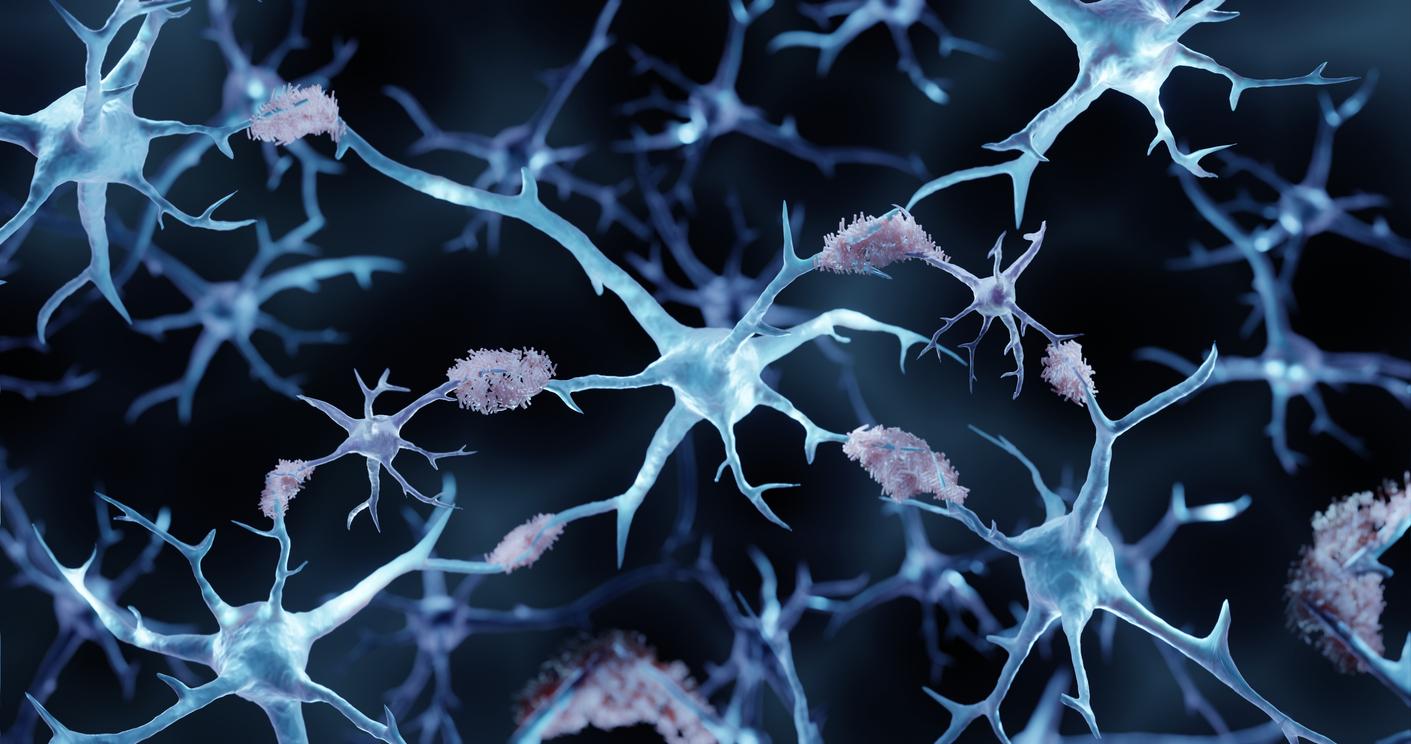Of the more than 900,000 French people with Alzheimer’s disease, there are many more women than men. The reasons for this disparity are not yet clear, but a new study has identified a possible factor, linked to the tau protein.

- The number of new cases of Alzheimer’s disease is estimated at more than 225,000 people each year.
- Only 1 in 2 dementia is diagnosed, all stages combined. In the mild stages, only 1 in 3 cases is known to the patient or his doctor.
Of 25 people suffering from Alzheimer’s disease today in France, 10 are men and 15 women, according to Inserm. This difference could not be solely linked to differences in life expectancy. One theory that has gained prominence in recent years is that women have higher levels of tau protein in the brain. The accumulation of this protein, transformed in an abnormal way, is incriminated in many dementias, including Alzheimer’s disease.
A new studypublished in the journal Cell, brings a new argument to this theory. Researchers from the Case Western Reserve University School of Medicine in the United States have found that women’s brains have a higher level of a certain enzyme than men’s, which leads to a greater accumulation of the tau protein.
The tau protein involved in Alzheimer’s disease because of an enzyme?
The tau protein causes clumps of toxic proteins to form in the brain nerve cells of patients with Alzheimer’s disease. The enzyme in question, on the other hand, has a somewhat complicated name: ubiquitin-specific peptidase 11, summarized under the acronym USP11. This enzyme is also linked to the X chromosome, one of the two DNA chromosomes (XX for women and XY for men).
“When a particular tau protein is no longer needed for its nerve cell to function, it is normally designated to be broken down and eliminated. Sometimes this process is disrupted, causing tau proteins to clump together inside nerve cells, which leads to their destruction”explains David Kang, professor of pathology at the medical school and co-author of the study, in a communicated. The enzyme USP11 could be involved in this disruption of the process.
Alzheimer’s: this discovery could help develop new treatments
By observing the accumulation of tau protein in mouse brains, the study reveals that female brains naturally express higher levels of USP11 than male brains. Additionally, USP11 levels appear to be strongly correlated with tau accumulation in women but not in men. According to the researchers, their finding suggests that excessive activity of the USP11 enzyme in women leads to greater accumulation of the tau protein.
“We are particularly excited about this finding as it provides a basis for the development of new neuroprotective drugs that could restore the proper balance of tau protein levels in the brain.”, Professor Kang said. Indeed, he continues, “USP11 is an enzyme and enzymes can traditionally be pharmacologically inhibited. Our hope is to develop a drug that works this way, to protect women from the higher risk of developing Alzheimer’s disease.”concludes the researcher.















